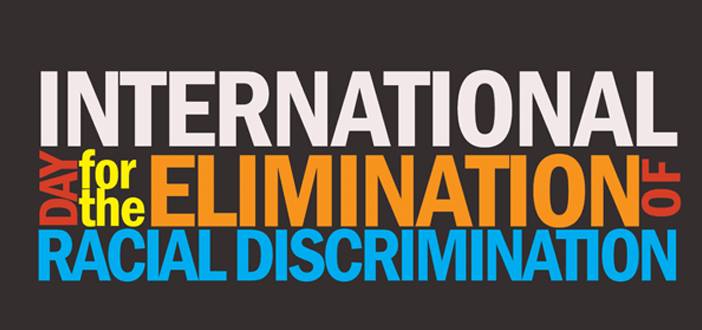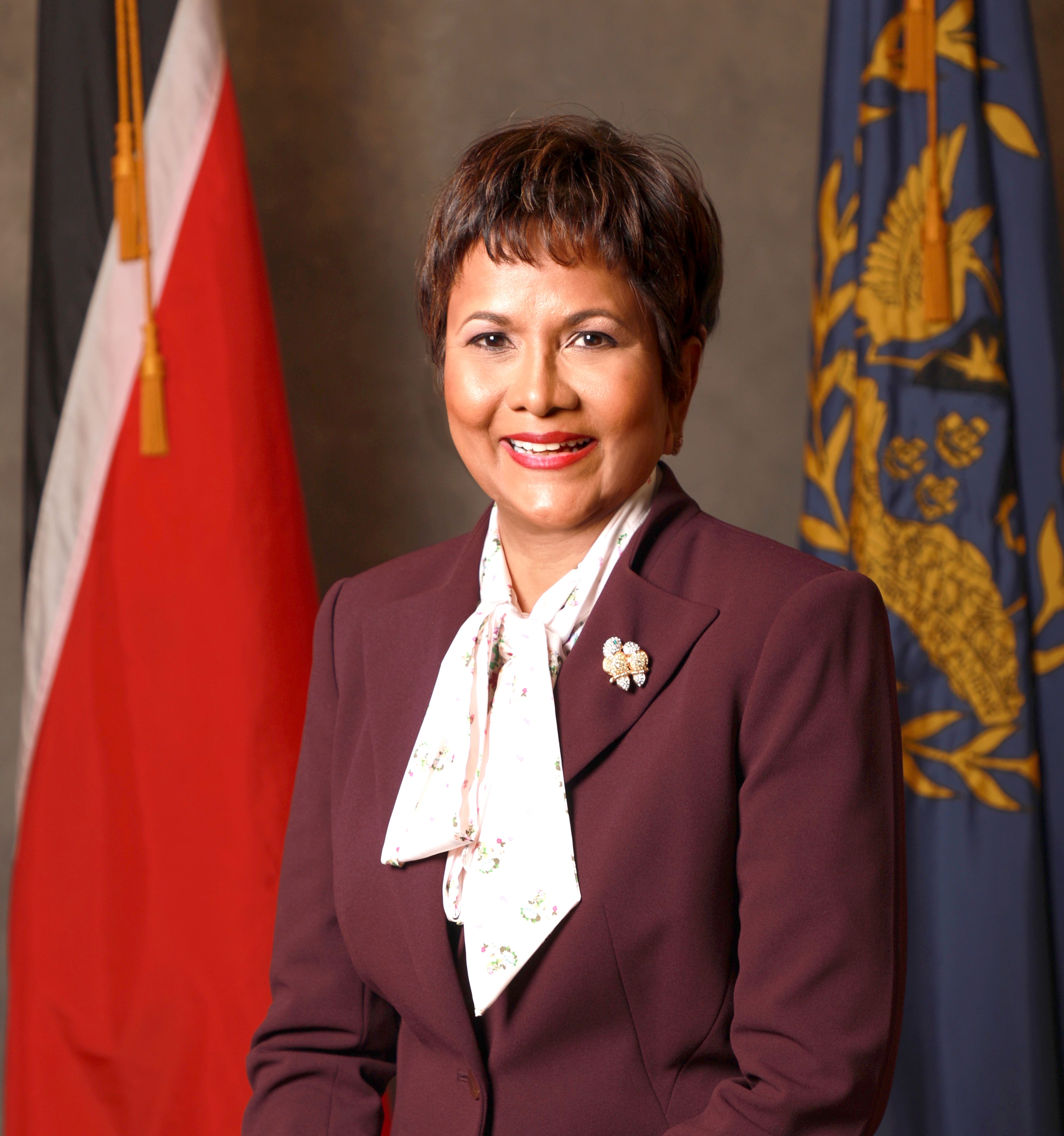On 21 March 1960, sixty-six people lost their lives in Sharpeville, South Africa after police opened fire on their peaceful demonstration against apartheid laws. The brutal massacre and subsequent crackdown on local opposition elicited strong international condemnation of the South African government and set in motion the eventual dismantlement of the system of apartheid.
Racial discrimination undermines the universal principles of equity, dignity and freedom to which all men are entitled. Although apartheid has now been relegated to the annals of history, intolerance and hatred based on ethnic origin, race and national origin continue in various forms across the globe. In recent times, the mass exodus of people from countries affected by war, economic turmoil and political repression has in some cases fuelled the rise of far right movements which seek to advance doctrines of racial superiority and exclusionary policies.
On the International Day for the Elimination of Racial Discrimination, we remember the victims of the Sharpeville massacre and condemn rising nationalist populism and extreme supremacist ideologies which contribute to xenophobia, racism and related prejudice.
But the day also has contemporary and local significance. Our rainbow nation is no stranger to diversity as it was shaped by the migration of peoples from different places. This a country of ‘many varied races’, a callaloo of ethnicities, cultures, beliefs and traditions. In our society there has been racial discrimination, both real and perceived but bigotry, hostility and intolerance are wholly incompatible with the philosophy that every creed and race find an equal place – even one instance of racial discrimination is too many.
While hard data may not exist to support a contention that our citizens are becoming more racially polarised, talk radio and the platforms of social media have provided the opportunity for alarming expressions of racial intolerance and xenophobia and we are warned to be careful not to squander our rich heritage of harmony in ethnic diversity.
Let each of us therefore play his or her part in rejecting and countering racial discrimination in all its forms by upholding the dignity of our brothers and sisters. Patriotism, not nationalism, must be the guiding principle which enables us to accomplish our greatest potential as a nation.







